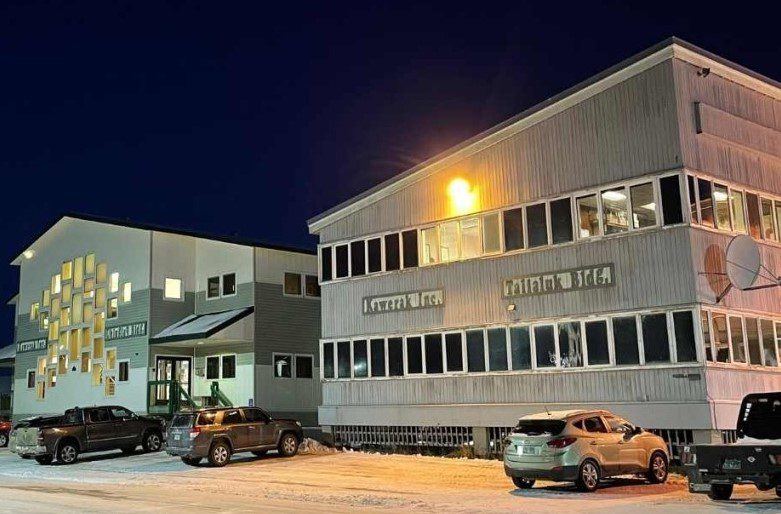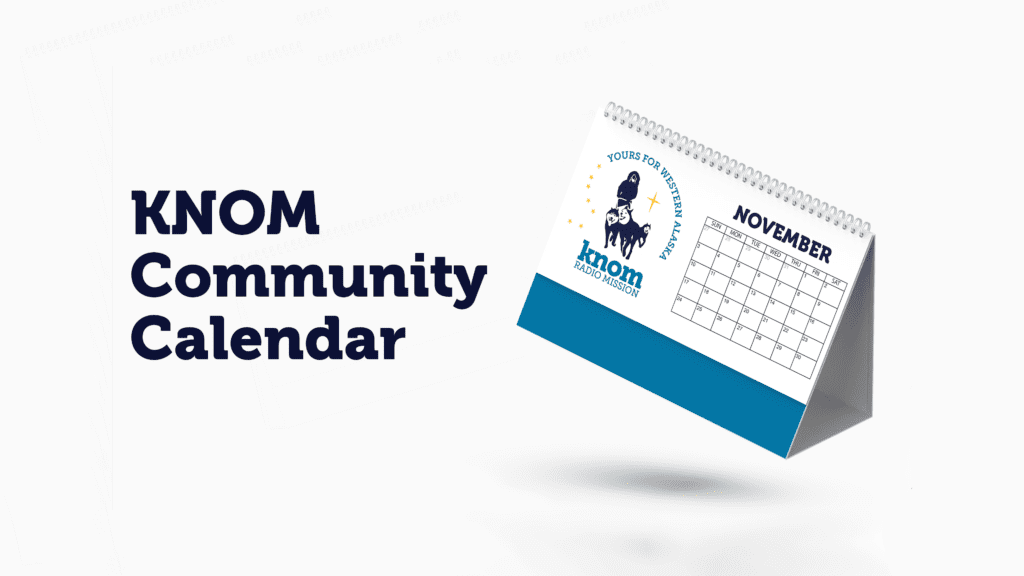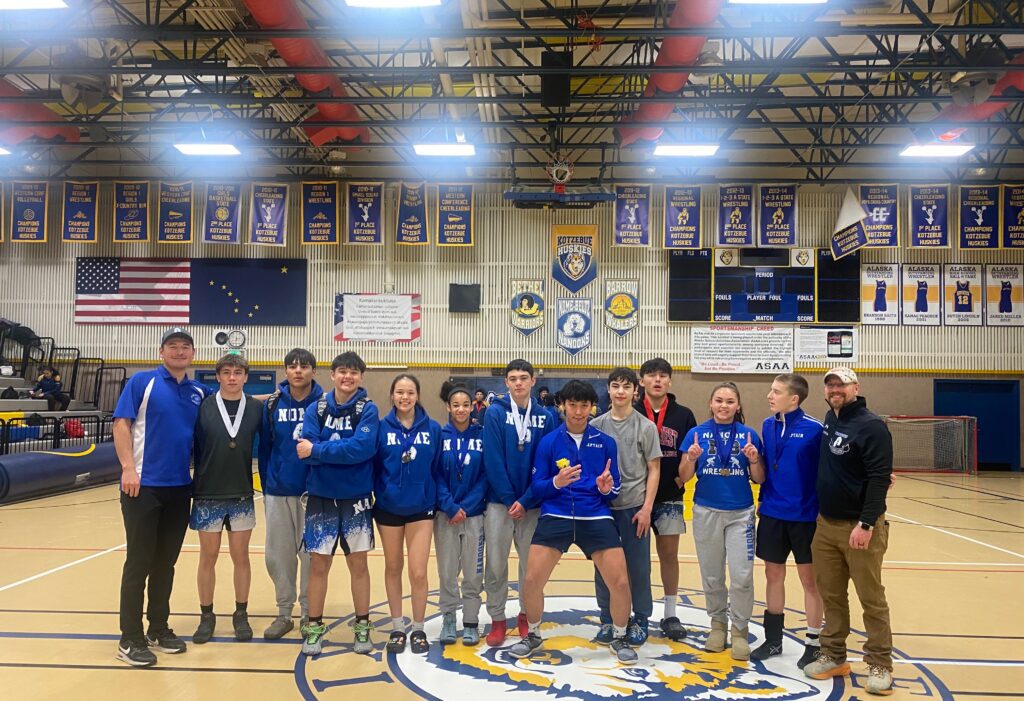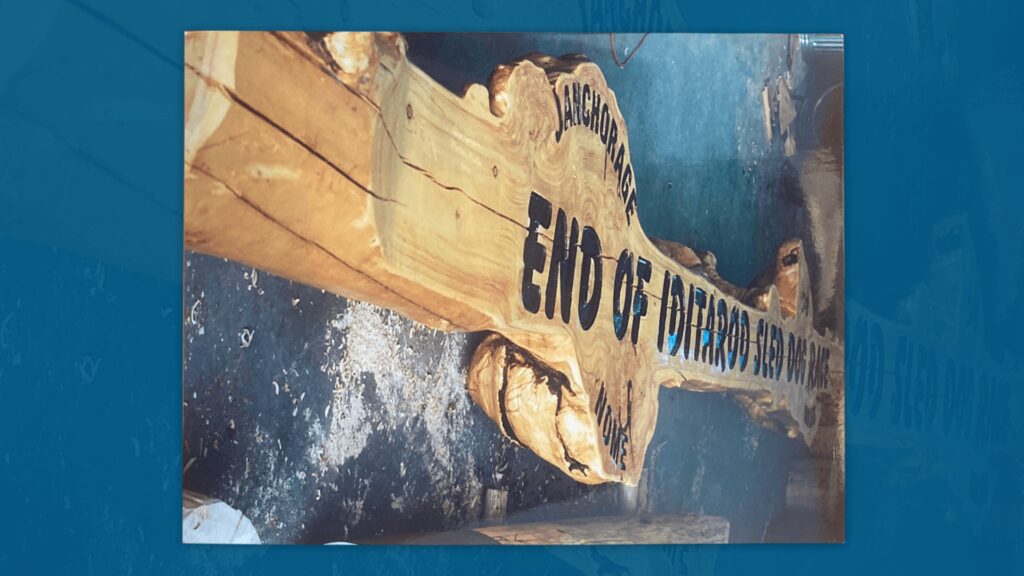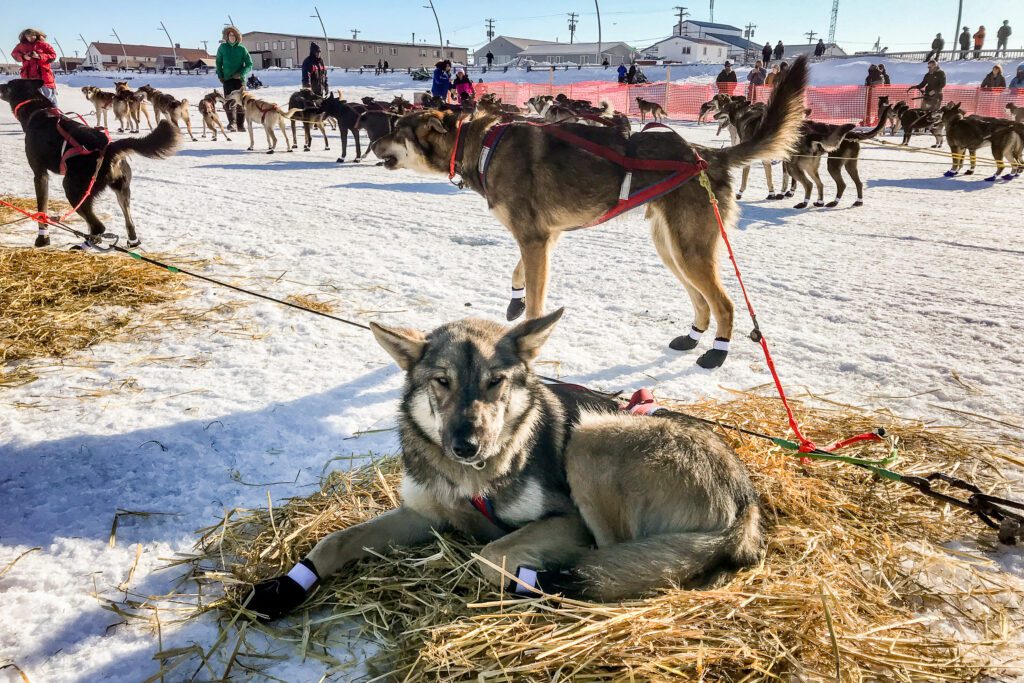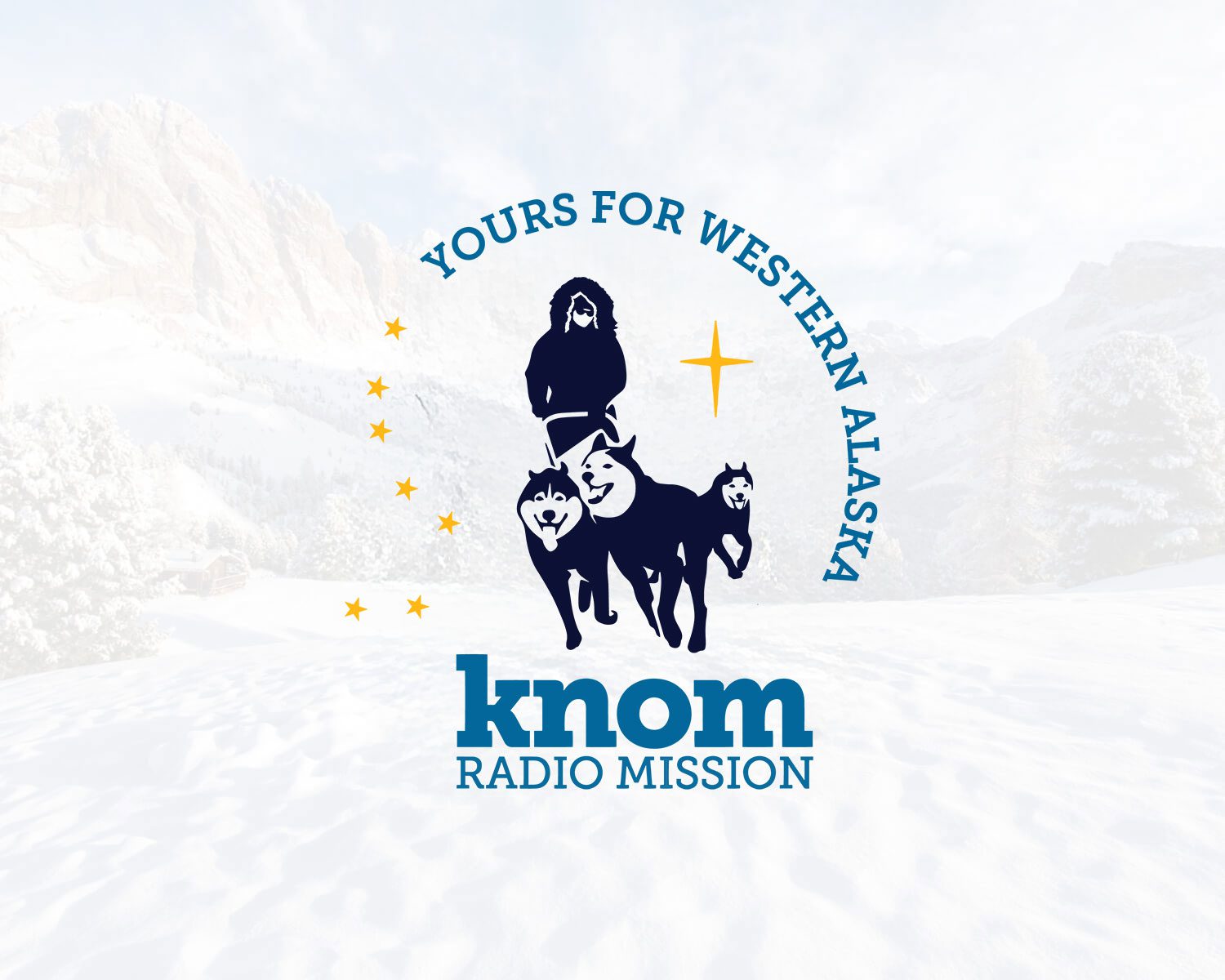Among the 57 mushers running the 2020 Iditarod, 13 rookies are on their way to Nome following the restart Sunday in Willow. KNOM’s Ben Matheson reports:
As Quince Mountain plots his run and rest schedule for his first Iditarod, he’s weighing his options for camping between checkpoints and facing an unpredictable trail. He’s not sure yet how much camping is even possible this year.
“If there is good enough snow and halfway decent weather, I’ll probably camp out on the trail quite a bit. But there might just be that there is nowhere packed down to pull off. You can’t just stop in the middle of the trail and camp and no one can get by you because they’re six feet deep in a snow drift.“
He’s packing wide runners for a little extra float on the snow. Mountain runs dogs with his wife, Blair Braverman, who completed her first Iditarod last year.

In Grayson Bruton’s rookie run, he’s taking a team of 13 two-year-olds, and one five-year-old.
“He’s one of the pinch hitters, if I get in a pinch out there, I’ll use him as a leader, but other than that, we’re going to use all of the young dogs this year. “
Bruton has run dogs as part of Mitch Seavey’s kennel for four years. He says he’s ready for a physical and slow moving trail after training the dogs along the Denali Highway in deep snow. With the puppy team, Bruton’s job is to get as many of the young dogs as he can to Nome and give the dogs real race experience, including time in lead.
“All 14 run will run up front, at they all take gee haw commands. They’ll going to get rotated through the front.”
While Bruton is running a team from one of the sport’s most established kennels, Mille Porsild spent the preseason building a team from scratch with dogs from Dee Dee Jonrowe, Jeff King, Dean Osmar, Cim Smyth, and Jessie Holmes.
“And the challenge has been to basically create a team out of these guys, [so] that they consider themselves a unit, and a unit with me of course. That’s a different challenge than what I’ve run in the past, but it’s been a really gratifying experience.”
Porsild has been around the Iditarod and sled dog racing for several years as she worked with Joar Leifseth Ulsom. Originally from Denmark, she got her start in adventure travel on Arctic expeditions with explorer Will Steger and has raced dogs in Chukotka, Russia.
For Fairbanks musher Riley Dyche, this year’s race is his second 1000-mile race, after he completed the 2018 Yukon Quest. He’s raised his team from puppies and says they’re ready for the challenge of deep snow.
“I’m fine with a slow trail – we live in a really hilly area. My dogs are used to hard pulling. We do glacier tours in chest deep snow on the dogs all summer at 70 degrees. They’re used to punching around and sloggin’ through deep snow. I’m alright with it; it’s going to be more work for me, but I guess I’ll stay warm that way.”
As the rookies face fresh snow and the race’s most technical sections this week, they will be one step closer to becoming Iditarod finishers.

